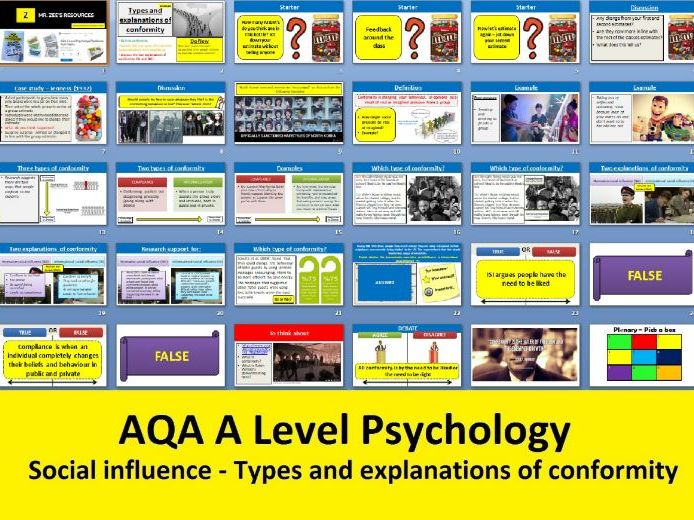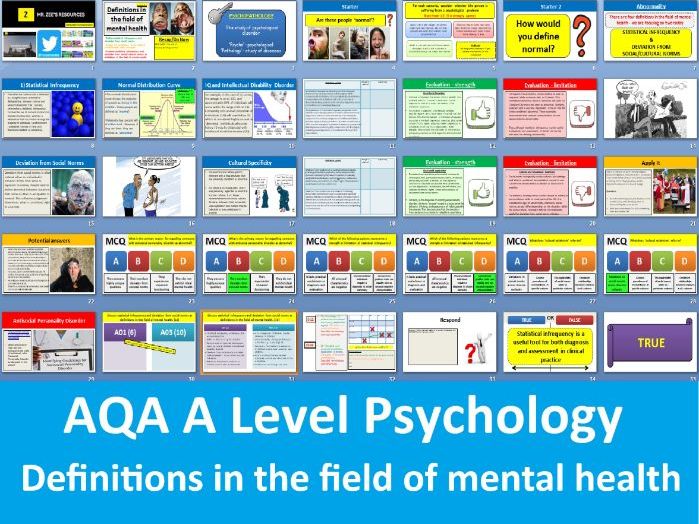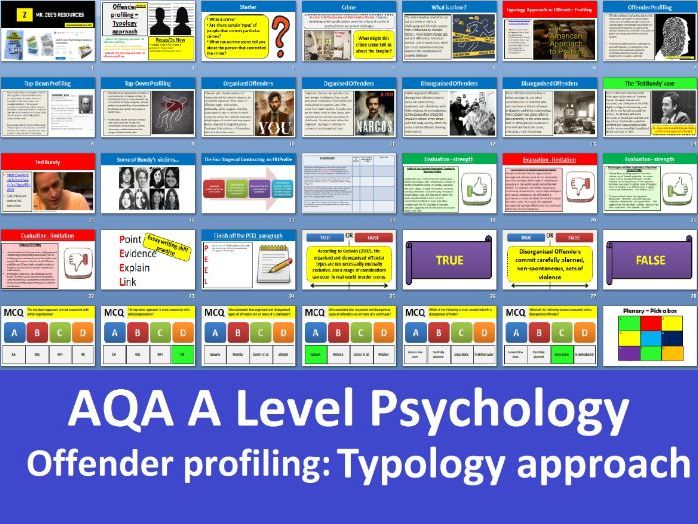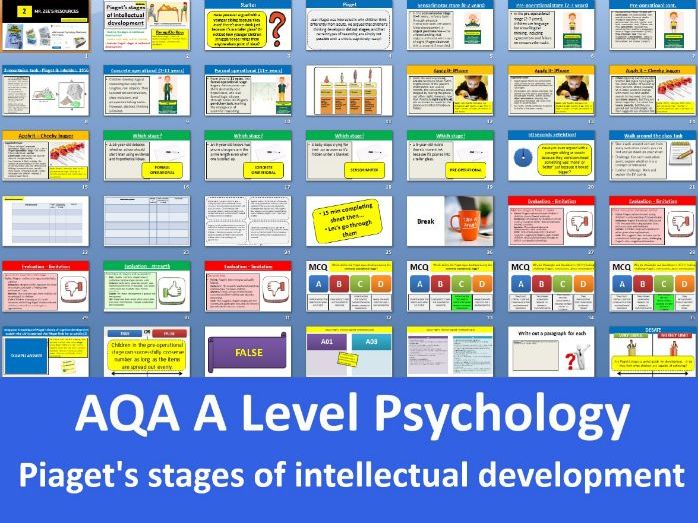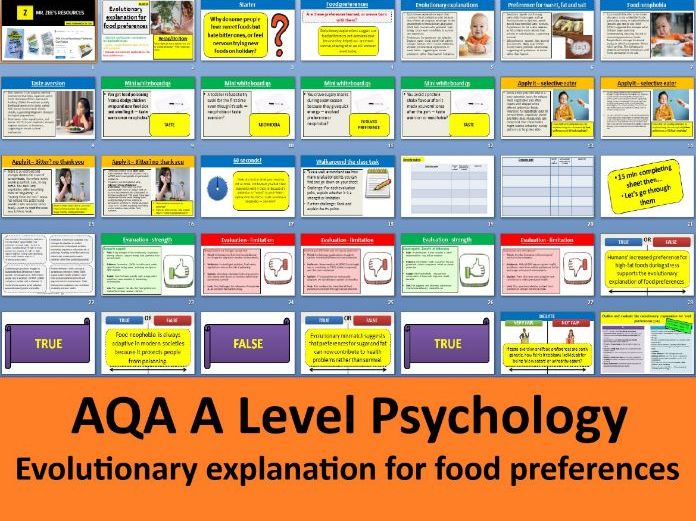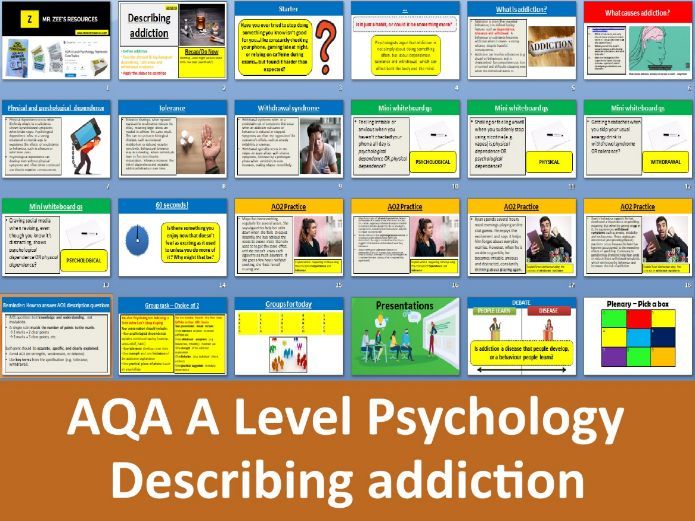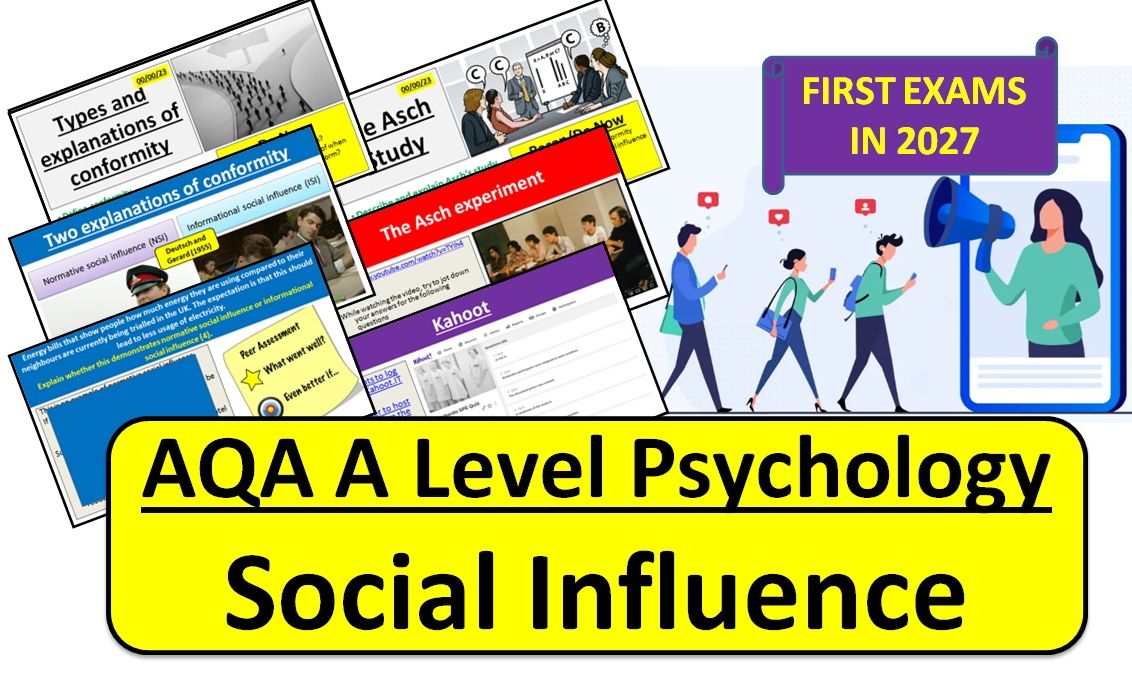Mr. Zee's Resources
Welcome to the TES shop! I am a Business, Economics and Psychology teacher working in London, examining for GCSE & A-Level and providing high quality resources so your students can enjoy and thrive in the study of these beautiful subjects. Positive reviews are much appreciated. School purchase orders can be emailed to zee.tes@hotmail.com - Zee





![AQA A Level Psychology Flashcards [SAMPLE]](https://d1e4pidl3fu268.cloudfront.net/84179d68-a026-48a2-8473-b5fc314697ed/Psych.crop_614x460_50,36.preview.jpg)

![AQA A Level Psychology Flashcards (Forensics & Aggression) [SAMPLE]](https://d1e4pidl3fu268.cloudfront.net/fb7b91cb-a33f-4302-9fd2-7089d4c1715a/1.crop_640x480_24,8.preview.jpg)
![AQA A Level Psychology Notebook [SAMPLE]](https://d1e4pidl3fu268.cloudfront.net/7f918467-6a04-4c53-8cd6-5996f59d1202/Psychwhiteback.crop_666x499_15,14.preview.jpg)
